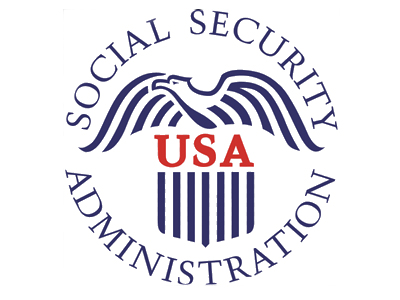A poor widow in Mogadishu does not need your help moving money from one place to another. And you have not won the lottery in Spain. So, despite the promised riches that await you, do not respond to these types of solicitations, especially if they ask for any personal information, warn a number of consumer protection agencies.
With the advent of the Internet, scammers who want to steal your identity have come up with innumerable schemes to get people’s personal information and their money.
Seven percent of Americans over the age of 16, or about 17.6 million people, were victims of identity theft in 2014, the U.S. Bureau of Justice Statistics announced in September, amounting to losses of more than $50 billion. Some of this can be prevented by not giving out any personal information to strangers, and keeping a close eye on your financial records can stop even more.
The IRS, along with state revenue departments and the tax industry, have initiated a program—called Taxes. Security. Together.—to tell consumers how to prevent identity theft.
The IRS offers these seven steps that every consumer should take routinely to safeguard against identity theft:

7. Read your credit card and banking statements carefully and often—watch for even the smallest charge that appears suspicious. Your credit card company, your bank and the IRS will never send you e-mails asking for sensitive personal or financial information, such as asking you to update your account.

6. Review and respond to all notices and correspondence from the IRS, without sending personal information. Warning signs of tax-related identity theft can include IRS notices about tax returns you did not file, income you did not receive or employers you’ve never heard of or where you’ve never worked.

5. Review each of your three credit reports at least once a year. Visit annualcreditreport.com to get your free reports.

4. Review your annual Social Security income statement for excessive income reported. You can sign up for an electronic account at www.SSA.gov.

3. Read your health insurance statements. Look for claims you never filed or care you never received.

2. Shred any documents with personal or financial information. Never toss documents with your personally identifiable information, especially your Social Security number, in the trash.

1. If you receive any routine federal deposits, such as Social Security or Department of Veterans Affairs benefits, you probably receive those deposits electronically. You can use the same direct deposit process for your federal and state tax refund. IRS direct deposit is safe and secure and places your tax refund directly into the financial account of your choice.